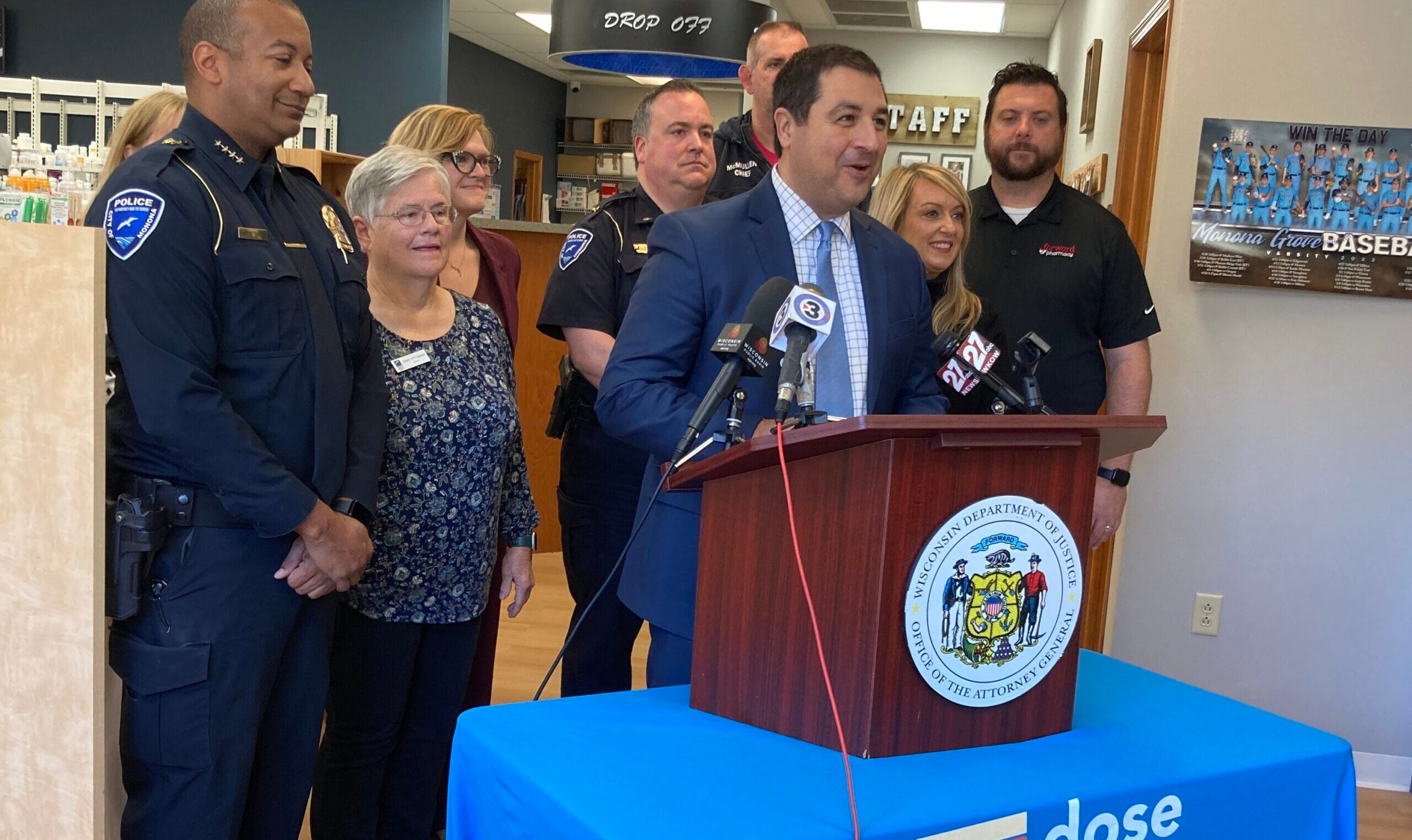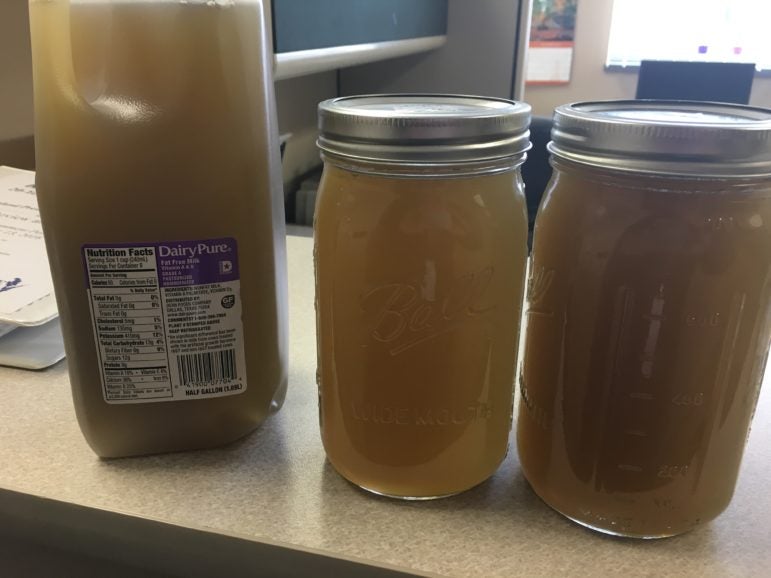DNR officials say they’re working on ways to boost the percentage of state residents who properly dispose of old pharmaceuticals.
A UW-Extension study released this year found that as of 2011, only two percent of unused prescription and over-the counter medications were safely taken in collection sites, whether one-day, permanent or mail-back . The rest of the meds went into the trash, down the drain or were stored indefinitely. The DNR board discussed the study yesterday. Board chairman Preston Cole says the numbers are troubling.
“We should be worried about what it means to water quality on our rivers, lakes and stream systems, and where is it winding up as relates to our fisheries resource.”
Stay informed on the latest news
Sign up for WPR’s email newsletter.
Cole is an administrator at the Milwaukee Department of Public Works and says the city is talking with law enforcement and others to try to give people more options for safe disposal of pharmaceuticals. DNR medical waste coordinator Barb Bickford says the state has also given grants to nine counties to try to boost collection of unused drugs. Bickford also says there may need to be less reliance on medication.
“So that’s a big cultural shift: changing our idea that drugs are the answer to any of our health problems.”
In the meantime, Bickford says the DNR is also trying to get more coal-fired power plants or other Wisconsin firms to burn the unwanted pharmaceuticals, to lower the cost of trucking – with law enforcement escort – the drugs to incinerators in other states.
Read the full report at the DNR’s site: http://dnr.wi.gov/topic/HealthWaste/documents/2012HouseholdPharmStudy.pdf
Wisconsin Public Radio, © Copyright 2025, Board of Regents of the University of Wisconsin System and Wisconsin Educational Communications Board.





